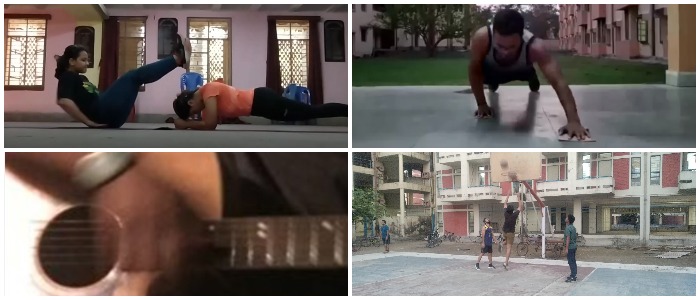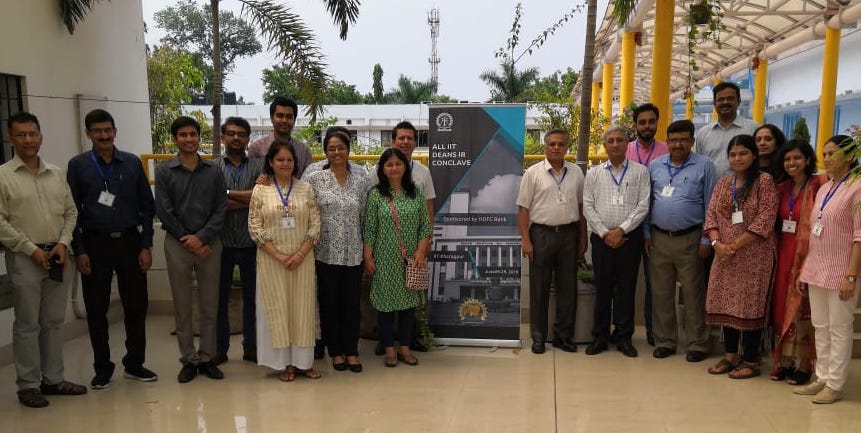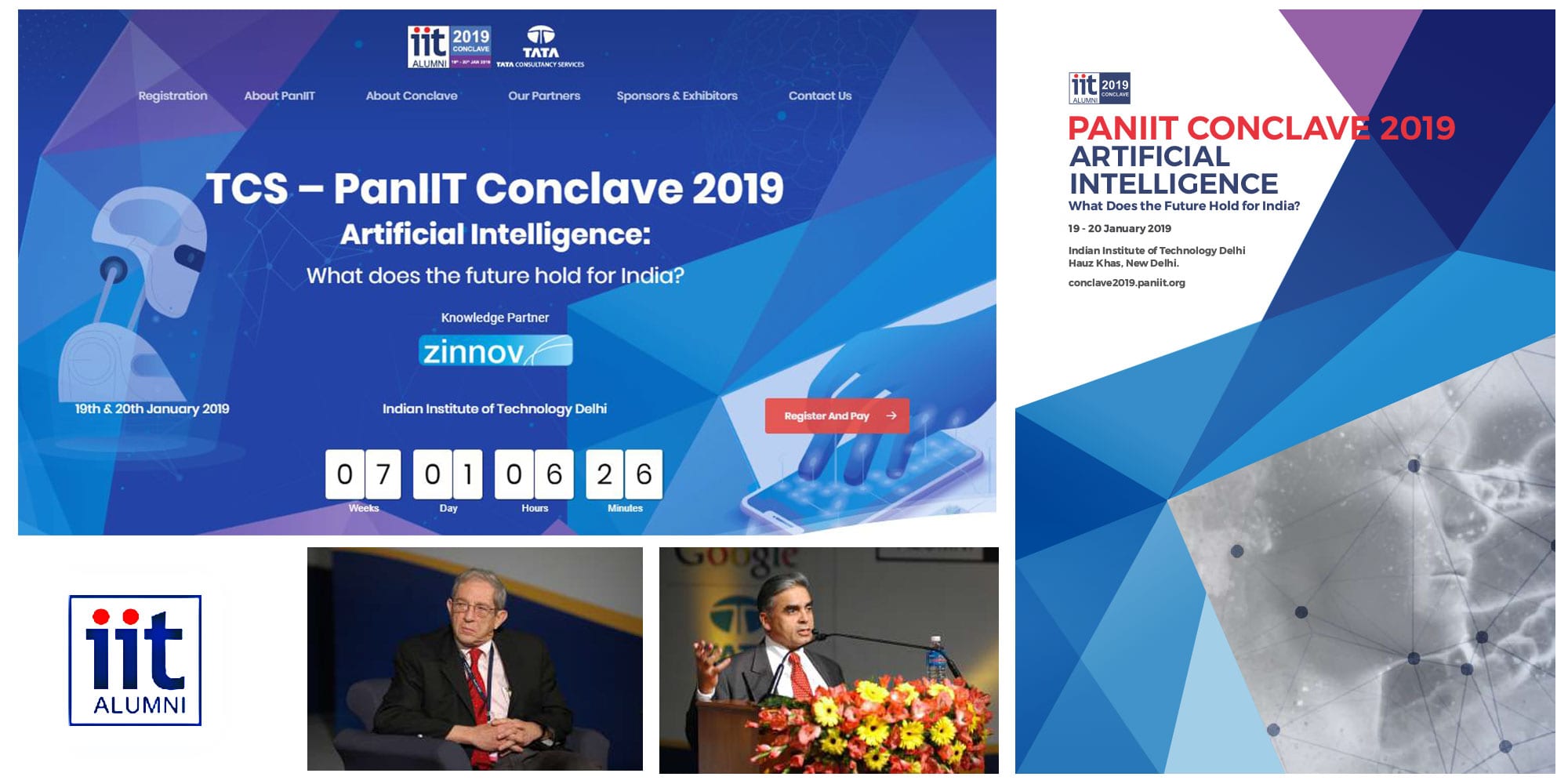
Different strokes
These are difficult times. Here’s now IIT Kharagpur’s students inside the campus are braving the odds “No two days are alike, nor even two hours, neither were there ever two leaves of a tree alike…” Sometimes, like times such as these, when the hours seem to collapse into one another and the days just roll on, the profound wisdom contained in the words of the famous British painter, John Constable, have trouble seeping in. But we are all bravehearts in our own ways, or so say the students of IIT Kharagpur, many of whom are residing within the campus and…


